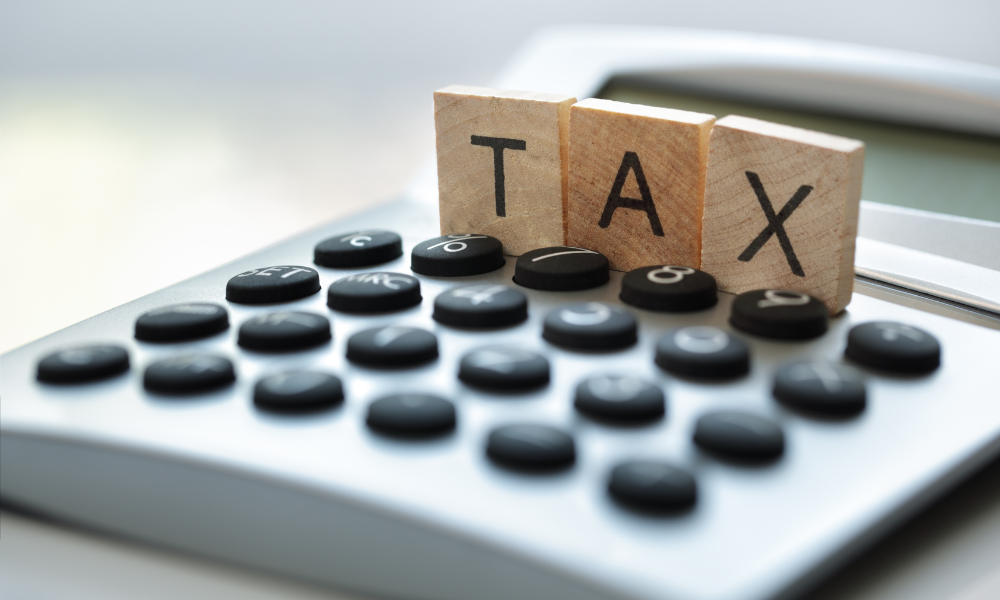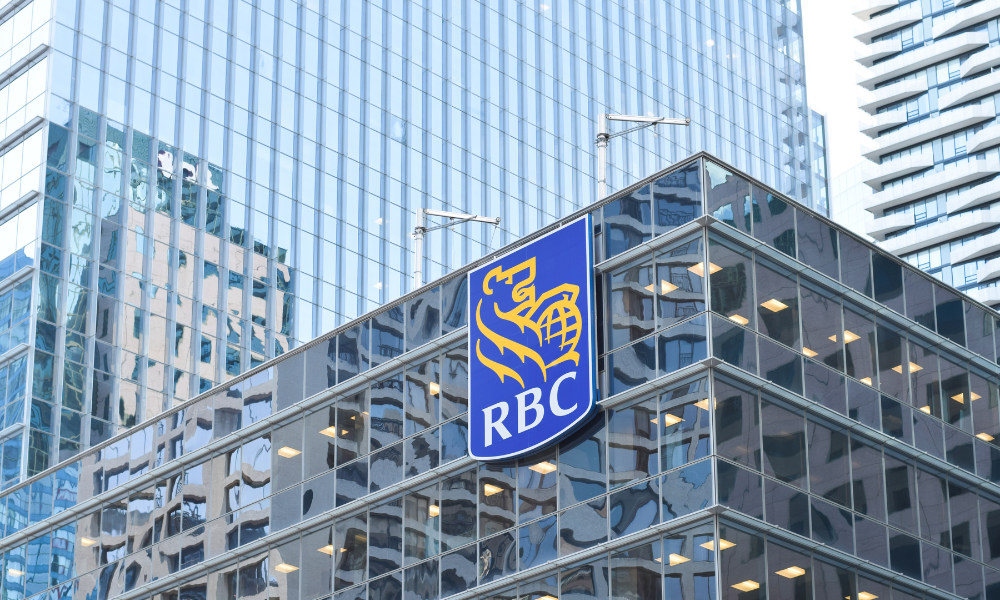A practical guide for financial advisors on what expenses are tax deductible. Stay current on CRA-approved deductions to provide better service to your clients

Helping your clients manage tax efficiently is a key part of financial planning. One of the most common questions they might ask is, “what expenses are tax-deductible in Canada?” Knowing which deductions apply—and under what conditions—can help you provide better support to your clients. With this, you’ll be able to guide them toward a wiser year-end planning.
From employment expenses to professional fees, there are many potential deductions that reduce taxable income and improve cash flow. In this article, Wealth Professional Canada will discuss what expenses are tax-deductible in Canada. We will list common examples of tax-deductible expenses and talk about some unusual claims for tax deductions.
What expenses can I claim on my taxes in Canada?
Tax-deductible expenses are costs that reduce your taxable income when they meet certain conditions set by the Canada Revenue Agency (CRA).
The type of expenses your clients can claim depends on how they earn income and whether they are:
- employees
- self-employed
- operating a business
Common examples of tax-deductible expenses and credits
When tax time comes along on April 30th of the tax year, it helps to know the sort of expenses that can be deducted from income tax. Here are some of the most common deductibles and credits:
- GST/HST credit
- charitable donation tax credit
- home buyers’ amount
- self-employment expenses
- RRSP deductions
- medical expenses
- childcare expenses
Let's take a closer look at each:
1. GST/HST credit
The Goods and Services Tax/Harmonized Sales Tax (GST/HST) credit is a tax-free quarterly payment. It is designed to assist individuals and families with low to modest incomes in offsetting the GST or HST they pay.
Eligibility is determined automatically upon filing an annual income tax return, regardless of whether the individual has income to report. While families with children are eligible, the credit is not exclusive to them; single individuals and couples without children can also qualify based on income.
In 2022, the federal government temporarily doubled the credit as part of the Affordability Plan to provide additional support. This temporary boost ended that same year.
2. Charitable donation tax credit
The charitable donation tax credit allows individual taxpayers to claim a 15 percent federal tax credit on the first $200 of annual charitable donations. There's also a 29 percent credit on amounts exceeding $200.
High-income earners may qualify for a 33 percent credit on the portion of donations over $200 made from income taxed at the highest federal rate. Additional provincial or territorial credits may also apply, varying depending on jurisdiction.
To claim the credit, taxpayers must file their income tax returns and include the eligible donation amounts. It’s a non-refundable credit. This means that it reduces the tax owed by your clients but does not result in a refund if the credit exceeds the tax liability.
3. Home buyers’ amount
The home buyers’ amount is a non-refundable tax credit that provides up to $1,500 in tax savings. To qualify, the taxpayer must be a first-time home buyer or eligible under the disability exception.
The home must be in Canada and intended to be the principal residence within one year of purchase. The credit is based on a $10,000 claim, which can be split between spouses. However, it must not exceed the total amount.
4. Self-employment expenses
If taxpayers are fully self-employed or run a side business alongside their job, they may qualify for certain deductible business expenses.
These deductions reduce taxable income and must be tied directly to earning business income. Records and receipts must be kept in case of a CRA review. Common examples of self-employment expenses include:
- advertising costs
- bank fees
- cellphone service payments
- merchandise inventory
- office supplies
- vehicle expenses (fuel and maintenance)
Only the portion used for business can be claimed. As such, be sure to track all expenses carefully. Here’s a video about how taxes work for your self-employed clients:
5. RRSP deductions
Taxpayers can deduct contributions made to a Registered Retirement Savings Plan (RRSP). This lowers taxable income and can reduce the total tax owed.
To get the most benefit from this deduction, it can help to claim only part of the contribution in the current year. The unused portion can be saved and claimed in a future year when income is higher, and the tax savings are greater.
If RRSP funds must be used in an emergency, there are ways to manage the tax impact. Some programs or strategies may lower the tax owed on early withdrawals depending on the reason and timing.
6. Medical expenses
Your clients can claim many medical expenses as non-refundable tax credits. To maximize this credit, it’s best for one spouse, often the lower-income earner, to claim all eligible expenses for the family and dependents. Typical medical expenses are as follows:
- dentures and dental implants
- fertility expenses (including in vitro procedures and certain surrogacy-related costs)
- home renovations to support mobility impairments
- private health insurance premiums for eligible plans
- prescription glasses or contact lenses
- travel costs if the patient must travel at least 40 km for treatment
- tutoring services for children with learning disabilities, if prescribed by a medical practitioner
Careful recordkeeping and supporting documents are needed to claim these expenses with the CRA.
7. Childcare expenses
Eligible childcare costs can be claimed as a tax deduction. These include:
- fees for daycare centres and nursery schools
- caregivers like babysitters or nannies
- day camps and sports schools
- some costs from boarding schools or camps with lodging
In most cases, only the spouse or partner with the lower income can claim the deduction. There are exceptions, but it’s important to meet CRA eligibility rules before your clients can include these expenses in their tax return.
As such, advise them to always check the CRA guidelines to avoid confusion.
How to claim tax-deductible expenses, credits, and benefits
This is just a short list of the many tax credits and deductible expenses for tax purposes available to Canadian taxpayers. To claim these benefits, check out the CRA website for the eligibility requirements, forms, and processes.
Tax-deductible chickens, condoms, and spiders?
In the discussion about what is tax-deductible in Canada, a few interesting topics can come up. First, back in 2018, citizens of Toronto proposed a measure that would allow them to raise hens called the UrbanHensTO pilot program.
What does this have to do with expenses that are tax-deductible in Canada?
One Toronto man thought of raising chickens to help with his clinical depression and wondered if the veterinary bills, food, and shelter expenses for the chickens could be written off his next tax return.
Under the program, the chickens are solely for producing eggs for household consumption. They cannot be for any business that sells eggs, chickens, or their manure as fertilizer.
“While the chickens give him some comfort, they have not been specifically trained to assist him because he has a disability or impairment, so there is also no medical tax deduction,” said Lisa Gittens. She’s an expert from the tax firm H&R Block.
“They are simply his chickens in the comfort of his own home and are not considered a taxable expense.”
Are lingerie and condoms tax-deductible?
Another case of H&R Block sharing guidance on tax-deductible expenses involved the owner of an adult video production company. He asked if the lingerie and condoms he used could be considered tax-deductible expenses.
Maybe not surprisingly, H&R Block decided that these were legitimate business expenses. In the operation of his registered business, lingerie and condoms were necessary to generate his business income.
Tax deduction for a spider
Finally, there’s the case of a family using their moving expenses claim to get a tax deduction for their pet tarantula. This is a curious case, since the family had to list the spider as one of their household furnishings. And yes, H&R block considered this a legitimate claim.
What items are 100 percent deductible?
Some business expenses are fully deductible when they are directly related to earning income and meet CRA criteria. These expenses can be claimed at 100 percent of their eligible cost in the year they are incurred, as long as they are reasonable and properly documented.
Many Canadians are unaware of the full range of tax-deductible expenses available to them. This poses both a challenge and an opportunity for financial advisors. You can make your services stand out and provide current and prospective clients with the tax planning strategies they didn’t know they needed.
As for individual taxpayers, due diligence is necessary for filing taxes and tracking expenses because this can literally pay off.
Stay updated with the latest news - read and bookmark our Industry News page.



